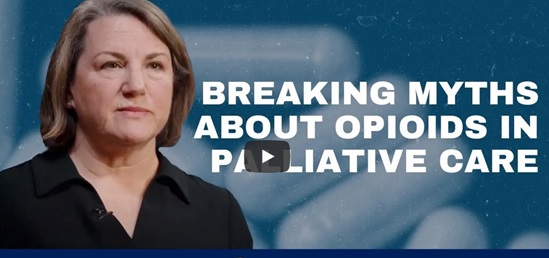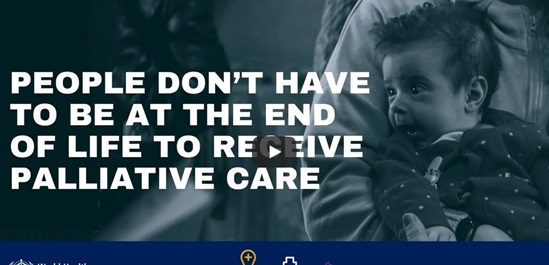Promoting a more responsible use of medicines
WHO estimates that more than half of all medicines worldwide are prescribed, dispensed or sold inappropriately, and that half of all patients fail to take medicines correctly. Overuse, underuse and misuse result in wastage of scarce resources, continued health problems or adverse reactions to drugs.
WHO/Europe provides direct support to countries, organizes training and helps build capacity among health professionals and relevant stakeholders to improve prescribing. It helps identify innovative, successful strategies to improve the use of medicines through therapeutic committees, formularies and clinical guidelines, feedback of drug use data, drug information policies and evaluation of health outcomes.
Responsible use of medicines has several requirements.
- A patient's condition is diagnosed correctly.
- The most appropriate medicine is prescribed in the right dose and formulation for this particular patient.
- The patient (and the health system) can afford this medicine and assure that it is taken for an adequate time.
- The patient is well informed about the medicine, understands the importance of the prescribed treatment and takes the medicines as required.
- Responsible use of medicines requires, first and foremost, the commitment and competency of doctors, nurses, pharmacists and patients but also of politicians, policy-makers, patient groups and professional associations, which need to ensure availability of the needed resources, provide evidence for the best therapy choices, study the most effective prescribing regimens and get commitment from health professionals and patients to ensure the proper use of the medicines.
WHO advocates 12 key interventions to promote more responsible use of medicines:
- establishment of a multidisciplinary national body to coordinate policies on medicine use
- use of clinical guidelines
- development and use of national essential medicines list
- establishment of drug and therapeutics committees in districts and hospitals
- inclusion of problem-based pharmacotherapy training in undergraduate curricula
- continuing in-service medical education as a licensure requirement
- supervision, audit and feedback
- use of independent information on medicines
- public education about medicines
- avoidance of perverse financial incentives
- use of appropriate and enforced regulation
- sufficient government expenditure to ensure availability of medicines and staff.












